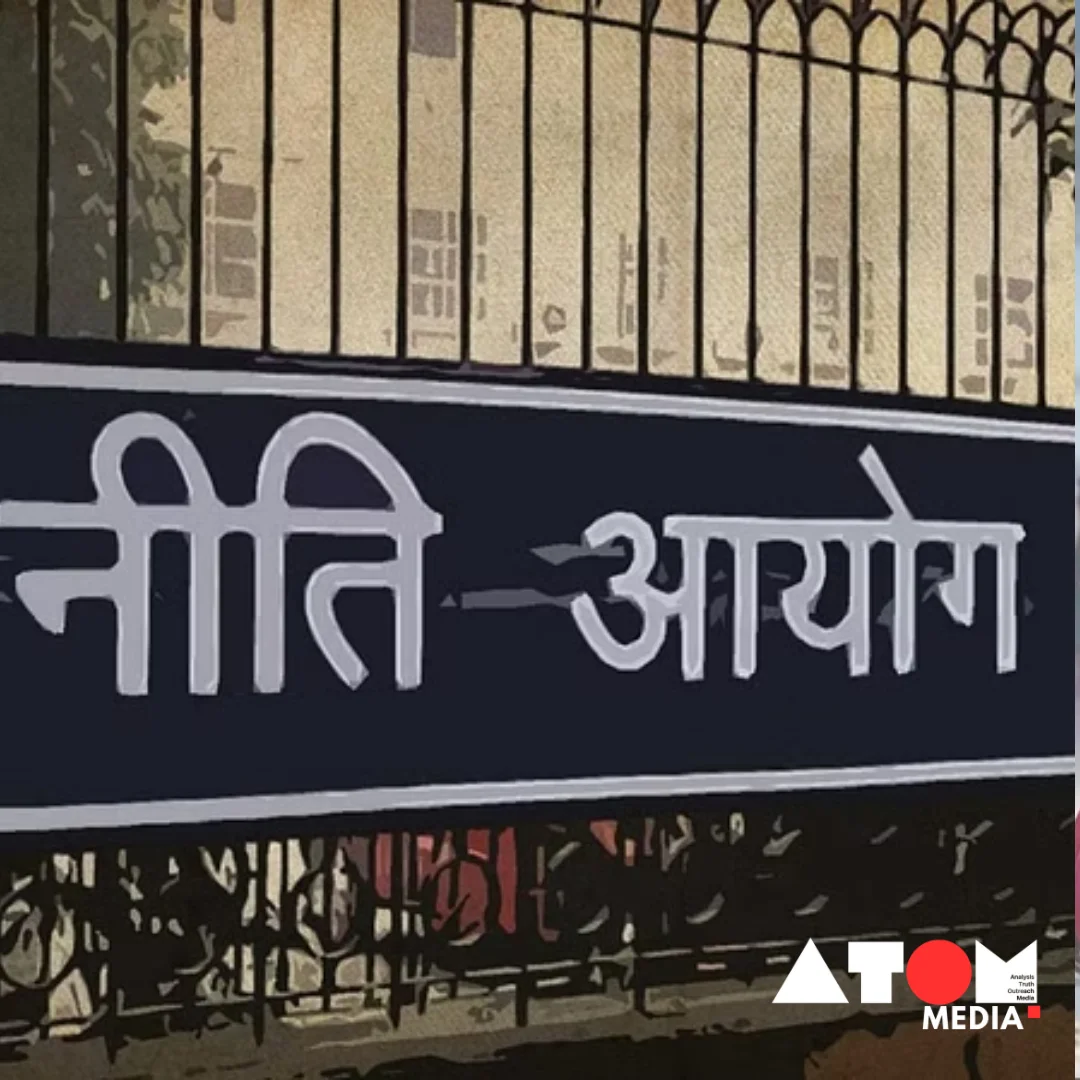Ayushman Bharat Scheme and Cancer Screening
The Ayushman Bharat Scheme, which aimed to provide a complete healthcare framework, includes provisions for converting primary health facilities into Ayushman Bharat Health and Wellness facilities (HWCs). These centers were intended to provide annual screenings for those aged 30 and up for Noncommunicable Diseases (NCDs), such as hypertension, diabetes, and common malignancies in India, such as oral, breast, and cervical cancer.
Current Status and Challenges
Despite the huge penetration of the Ayushman Bharat insurance system, with over 5.47 crore individuals enrolled, implementing cancer screening at HWCs presents substantial obstacles. A recent analysis by Niti Aayog indicates a significant gap in cancer screening services at these centers across 13 states..
Insights from Niti Aayog’s Assessment
A detailed audit undertaken by Niti Aayog’s Health and Family Welfare vertical showed troubling findings about cancer screening at Ayushman Centres. The report, which was produced last year but has not yet been made public, emphasizes the importance of immediate attention and involvement in this essential component of preventative healthcare. Niti Aayog has launched a new evaluation of the HWCs to address the observed inadequacies in cancer screening. The assessment seeks to identify obstacles, raise awareness, and strengthen capacities to guarantee the proper implementation of cancer screening methods at the grassroots level.
Addressing Challenges and Enhancing Awareness
A detailed audit undertaken by Niti Aayog’s Health and Family Welfare vertical showed troubling findings about cancer screening at Ayushman Centres. The report, which was produced last year but has not yet been made public, emphasizes the importance of immediate attention and involvement in this essential component of preventative healthcare. Niti Aayog has launched a new evaluation of the HWCs to address the observed inadequacies in cancer screening. The assessment seeks to identify obstacles, raise awareness, and strengthen capacities to guarantee the proper implementation of cancer screening methods at the grassroots level.
Need for Intensive Training and Monitoring
Intensive training of healthcare staff, such as Auxiliary Nurse Midwives (ANMs), Medical Officers, and Staff Nurses, is critical to the effectiveness of cancer screening programs. These frontline personnel require specialized training and constant monitoring to ensure proficiency in screening methods. The Niti Aayog report emphasizes the significance of annual screening for NCDs, including cancer, to aid in early diagnosis and treatment. However, the review indicated that yearly screening is still substantially absent in many facilities, emphasizing the need for a coordinated effort to fill this gap.
Strengthening Infrastructure and Service Delivery
While obstacles remain in cancer screening, the examination shows that infrastructure at HWCs is consistent with operating norms. Basic medical devices and vital medications are widely available, creating the groundwork for efficient service delivery. The Niti Aayog report’s conclusions are especially significant given the government’s commitment to cancer prevention and early detection. Initiatives like the Ayushman Bharat Scheme are crucial for increasing access to healthcare services and tackling critical public health issues.
Collaborative Efforts for Improved Healthcare
Addressing cancer screening gaps involves a coordinated effort that includes government agencies, healthcare providers, and community stakeholders. By combining their knowledge and resources, stakeholders may improve cancer screening infrastructure and ensure equitable access to preventive healthcare services.
Future Prospects and Policy Implications
Moving forward, authorities must emphasize cancer screening programs as part of broader healthcare reform efforts. Policy initiatives targeted at increasing awareness, improving training, and encouraging innovation in service delivery can lead to better health outcomes and a lower cancer burden in India. The Niti Aayog report identifies serious gaps in cancer screening at Ayushman Centres, emphasizing the need for immediate action and legislative reforms. By solving difficulties, raising awareness, and developing healthcare infrastructure, India may make major advances in cancer prevention and early diagnosis, ultimately saving lives and improving public health outcomes.
Read more: Marketing News, Advertising News, PR and Finance News, Digital News





